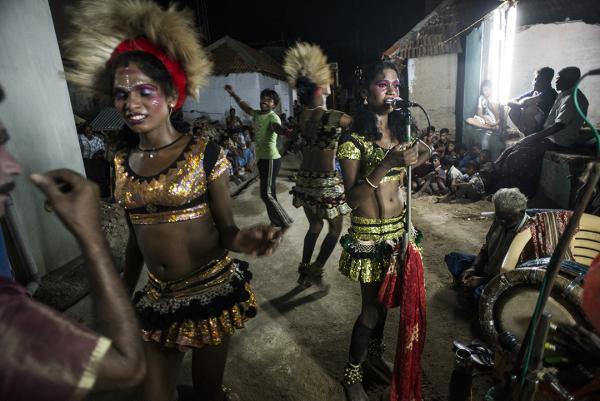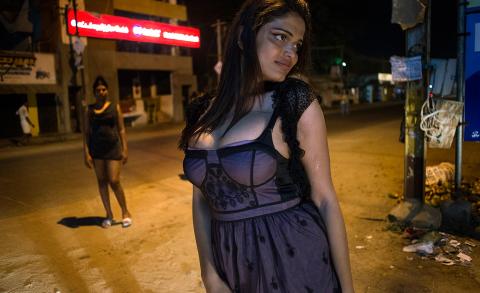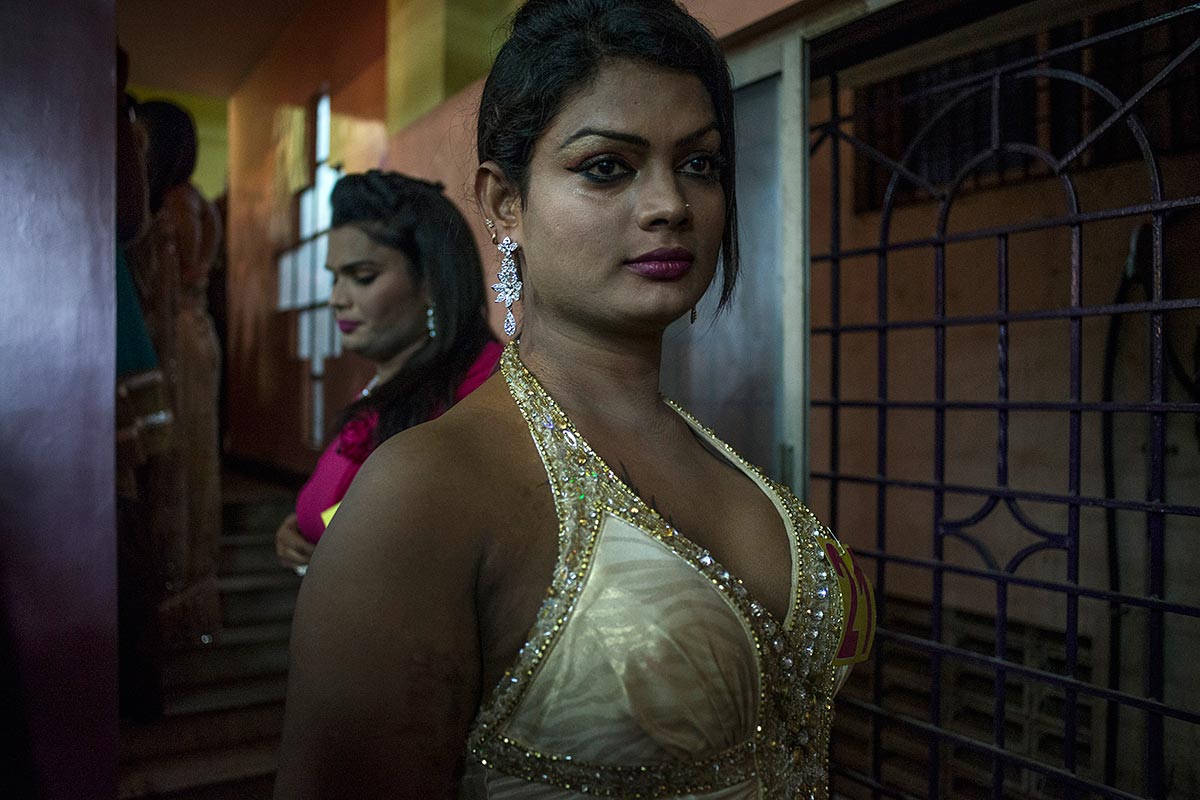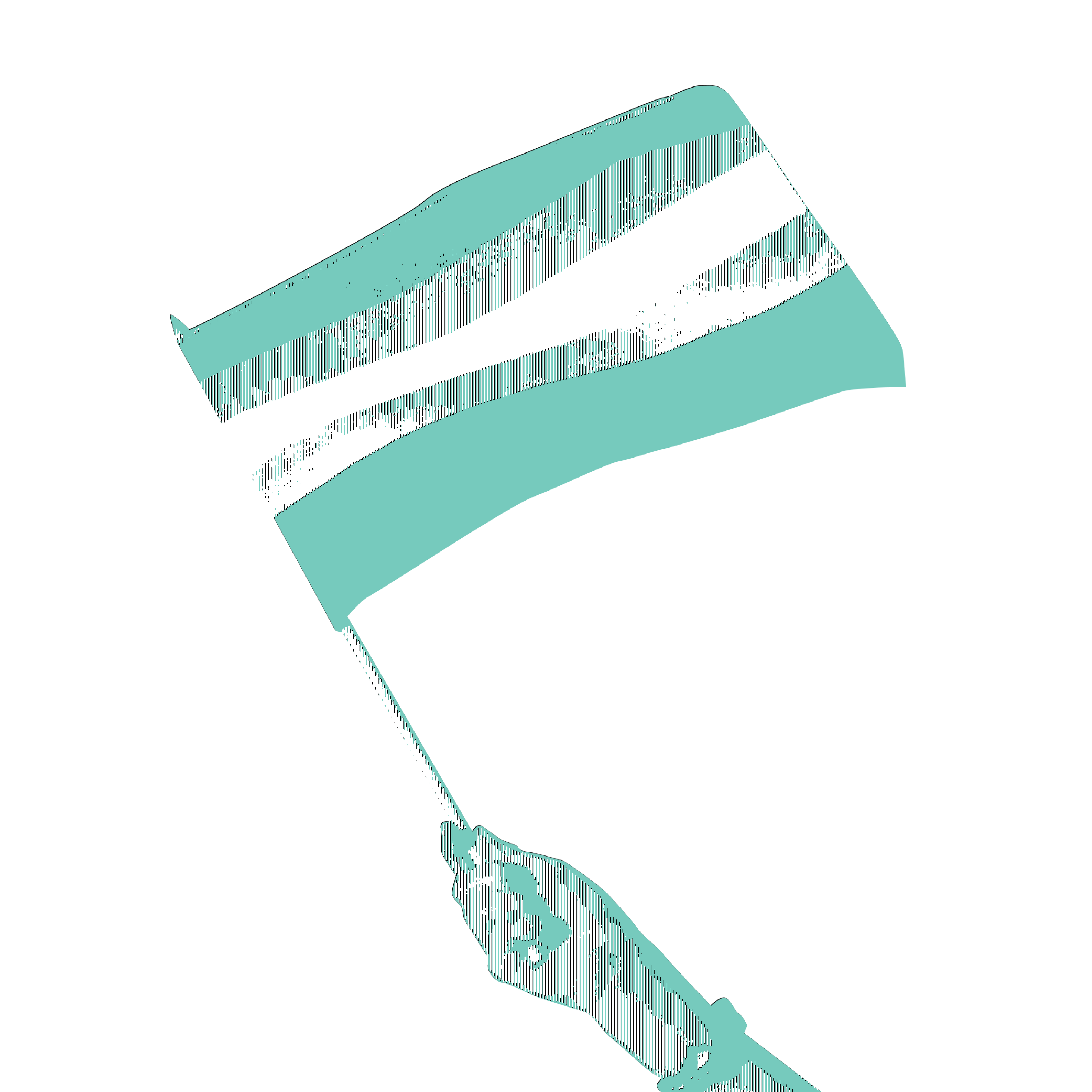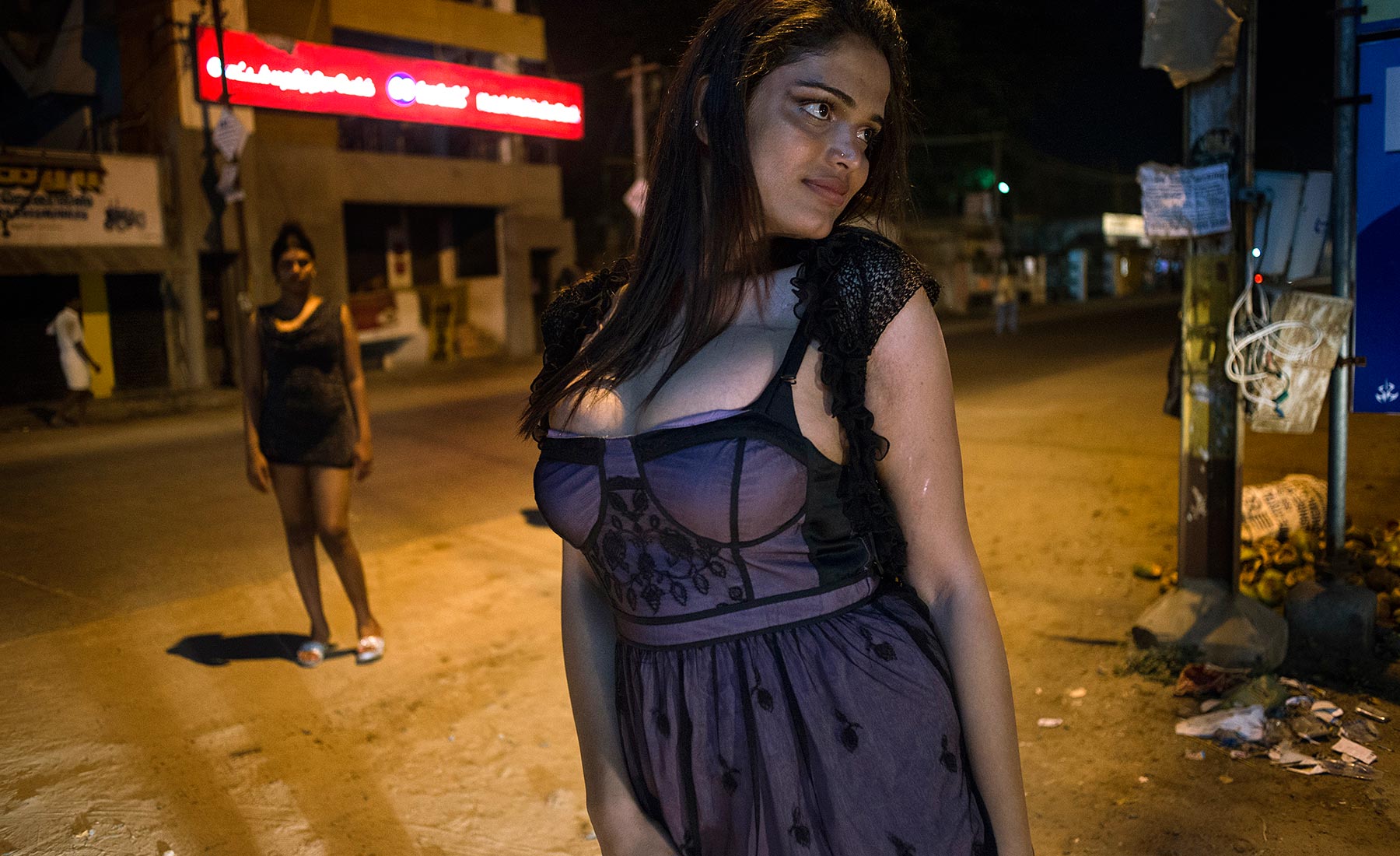
India's transgender women have a documented history dating back to the Kama Sutra, but continue to live on the fringes of society. HIV/AIDS has plagued the transgender population for decades, but these women are sometimes denied hospital care and treatment.
Now, in the wake of a Supreme Court ruling that acknowledges the existence of India's third gender, journalist Michael Edison Hayden and photographer Sami Siva travel to Koovagam, one of the world's largest transgender festivals, to profile some of India's transgender women, and offer an intimate glimpse into their lives.
Koovagam is a Hindu religious festival set in a Tamil Nadu village. It draws thousands of transgender women from across India, and finds its basis in a story from the Mahabharata in which Krishna transforms into a woman one night to marry Aravan, before the latter is sacrificed to an early death.
The festival, which falls along the schedule of the full moon between April and May, is more than just a cathartic ritual: it's also one of South India's largest hubs for prostitution. Without any available avenues to find legitimate employment, sex work is often the only recourse transgender woman have to make money, putting them at risk of contracting HIV/AIDS.


